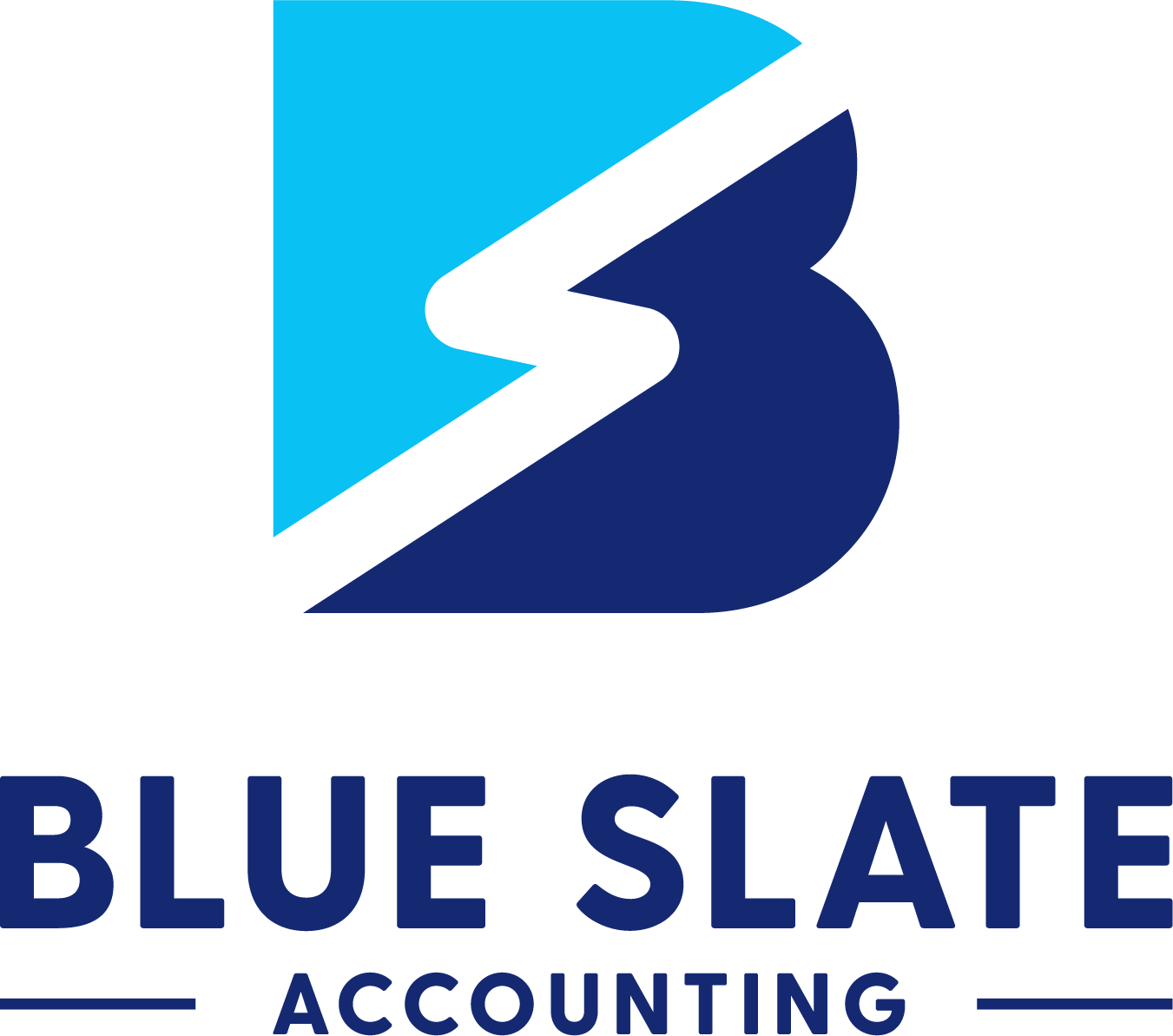IRS Scrutinizing Employee Retention Credit Claims
Everyone loves receiving a letter from the Internal Revenue Service (IRS). Or is it nobody?
Okay, we’ll go with option two.
Making an improper employee retention credit may lead to such a letter. Our government is making a concerted effort to crack down on this.
We want to increase your chances of avoiding unpleasant interruptions.
Keep reading and retain your business assets.
IRS Combating False Employee Retention Credit Eligibility
Because of debatable employee retention credit claims, the IRS is stepping up their efforts. Even possibly getting Congress involved.
As of July 25th, the IRS Commissioner Danny Werfel wants their help in
2 specific areas:
- Move up the filing deadline
- Increased oversight of tax preparers
“The further we get from the pandemic, we believe the percentage of legitimate claims coming in is declining," he is quoted as saying.
Yours may be valid, but shady ones will be mixed in with it. Making it harder for a timely response and return, if warranted.
The IRS puts out a “Dirty Dozen” list annually, and this fraud is included.
Audit and criminal investigation is aimed at both businesses and promoters. The latter being those making wild promises to anyone that will listen.
You have until April 15, 2025 to file a claim. But with bad actors overrunning the system, it’s becoming harder to receive an employee retention credit. IRS gatekeepers are seeing to that.
This is due to their belief that the percentage of accurate claims is fading.
Be Wary of Certain Promoters
Misleading marketing is the main culprit behind their vigilance. As we spoke about
previously, advertisements are deceiving small and mid sized business owners.
Solicitation channels:
- Television
- Social media
More than likely, they won’t ensure that you’re eligible for this credit in the first place. And if it feels like “high pressure sales,” it likely is.
Watch for these signs:
- Demand for fees upfront before any services are provided
- Statement of qualification prior to reviewing your taxes
When the government offers any relief to businesses, opportunists always seem to pop up. This COVID relief is simply another example.
As the IRS goes through applications with a fine-toothed comb, it’s even more important to follow the proper steps. Because they will be doing their own due diligence. You should too.
We’ll touch on that shortly.
How to Record Employee Retention Credit
More than 2.5 millions claims have been received by the IRS already.
But our goal is to focus on yours. In particular, recording revenue and a receivable for this financial support.
At what point should you perform this task?
- Once you determine that the credit will likely be received
That’s right. You can update your books even before the event happens. This gives you the best financial picture of your business.
Deciding on the particular accounting method may be a bit tricker.
Couple of choices:
- Generally Accepted Accounting Principles (GAAP)
- International Accounting Standards (IAS) 20
Neither is perfect, but adding disclosures can provide evidence to the IRS. You’ll also want to have these in accompanying financial statements.
It’s always better to offer more information to help the reviewers than less.
Options for Recording
Assuming you met the employee retention credit requirements, your claim does need to be recorded.
Your best option for precise completion is:
- Professional accountants
Employee retention credit isn’t taxable income for your staff. And for you, it’s treated as a business expense. Which you can apply to offset any owed taxes.
Prior to 2021, accounting software like Xero or Quickbooks were an option for claiming these funds. Not anymore.
Current two-step process:
- Perform the calculations manually
- File amended payroll tax returns
When you’re finished, the IRS will review and update your tax status. If you
actually qualified for the credit.
Next, we want to offer a further word of caution.
Avoiding an Employee Retention Credit Audit
Wild overstatements from unethical marketers and scammers are causing clients to leave legitimate accounting providers. It’s hard for us to see.
Because we know it can cause major headaches if they weren’t eligible in the first place. Including an audit from the IRS.
Nobody wants that!
The IRS isn't’ fond of that either. In fact, their official recommendation is for small businesses to work with a tax professional. That’s got to count for something.
These individuals are highly experienced and trained to address your case. Plus they are up on industry trends and scams. You’ll want this knowledge in your corner.
We all need advocates. Especially helpful are people who speak the language of legality. Even if you have a basic understanding of our legal system, the time savings is another perk.
In the event of an audit, tax resolution services are a wise choice.
Tax Resolution Assistance
Should the IRS charge you for the full employee retention credit amount plus penalties, an accountant can help. It’s one of their specialties.
Options available to you:
- Innocent Spouse Relief
- Penalty Abatement
- Currently Not Collectible (CNC)
- Installment Agreement (IA)
- Offer in Compromise (OIC)
Partnering with an IRS Enrolled Agent provides an expert on the Internal Revenue Code.
Their job is to negotiate with the federal government. Allowing you to get back to business.
Your desire for relief from the pressure can be strong. But make sure your selection is vetted. That entails patience.
We promise, it will be worth it. Use the power of interviews to find the best fit.
Review a half-dozen or so of the ones who check off the most boxes.
Employee Retention Credit and Blue Slate Accounting
Something is missing from the accounting field.
A human approach to personalized tax services. Pittsburgh, PA is our home, but we’ve worked with businesses across this great nation.
Aiding their arrival back to good standing with the federal and state governments.
Our small, but dedicated team of certified tax professionals and an IRS Enrolled Agent assist with:
- Preparation of unfiled income tax returns
- Penalty reduction
- Offers in compromise
- Payment plans
- Financial hardship plans
- Wage garnishment/bank levy releases
- Audits
- IRS appeals
We can clean up the debacle of that unorganized box of tax documents. For a monthly fee, we can counsel you on deductions and breaks to use next time.
Offload your tax resolution needs today. And
take the first step towards reclaiming your joy and happiness!










